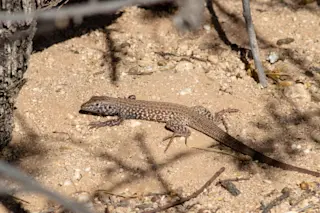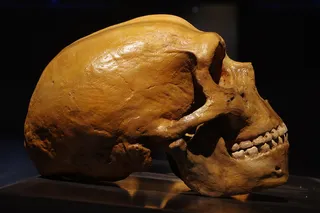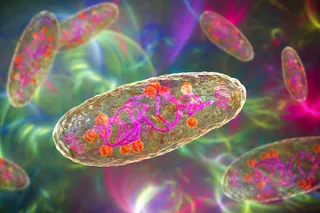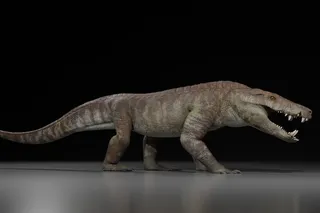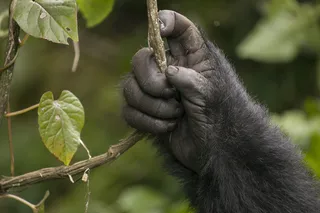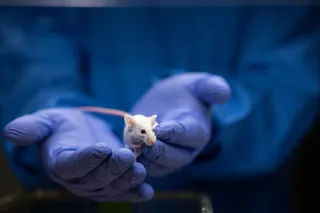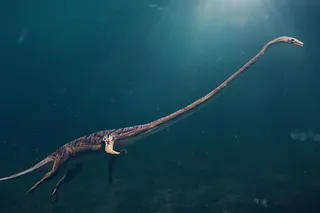Scientists may be able to predict evolutionary outcomes thanks to a recent study involving a whiptail lizard. The study asks the question “how and why hybridization leads to diverse evolutionary outcomes — such as increased genetic diversity in a species, versus creation of a species that’s wholly new,” according to a press release.
Researchers wanted to understand how a species can go from being sexual to unisexual. To answer this, they focused on lizards. In this study, researchers say genetic distance between parental genomes can predict hybrid outcomes and the likelihood of forming a new species due to hybridization.
Hybridization among animals occurs for a number of reasons. It can help with genetic diversity within a species, or create an entirely new species. This happened in the case of the giant sable antelope and roan antelope in southern Africa. Poachers had thinned out each herd so much there weren’t enough ...



